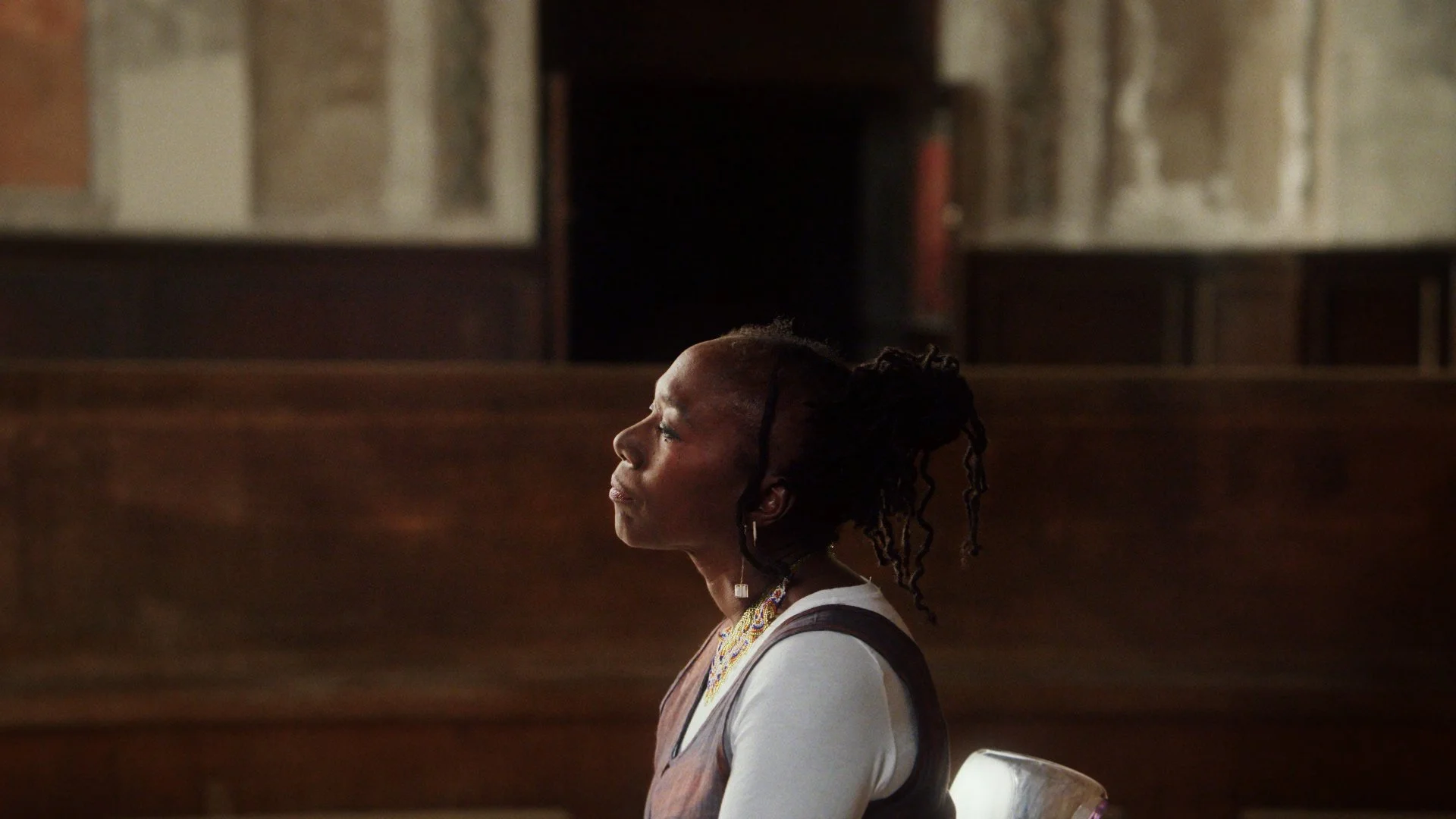What Lessons Can Drama Learn from Documentary?
In the kaleidoscope of storytelling, drama and documentary are not as different as they might seem. While one indulges in fictional artistry and the other pursues truth, documentaries have a unique approach to narrative that drama can mine for gold. By weaving elements of documentary storytelling into its DNA, drama can create stories that feel raw, immediate, and deeply human.
From embracing imperfection to reframing reality through subjective perspectives, here’s what drama can learn from its non-fictional cousin.
1. The Power of the Unpolished
Documentaries excel at capturing the beauty of imperfection. An unexpected laugh, a stumble over words, or a subject awkwardly shifting in their chair — these moments are often what make a documentary feel authentic and human. The messiness of real life becomes its own kind of poetry.
Take Hoop Dreams, for instance, where the daily struggles and triumphs of two young basketball players are depicted with a raw honesty that no scripted drama could fully replicate. The moments of frustration, joy, and quiet reflection — often unplanned and spontaneous — are what make the story resonate.
Dramas, by contrast, can suffer from over-rehearsal and perfectionism. Borrowing the documentary approach of embracing the unvarnished can help dramas feel more immediate and relatable. Think of a film allowing its actors to improvise or letting the camera linger awkwardly on a character fumbling for words. This sense of spontaneity brings stories closer to the texture of real life.
Hoop Dreams (1994)
2. Storytelling Through Subjective Perspectives
Documentaries rarely present an objective reality. They filter events through the perspectives of interviewees, whose emotions, biases, and experiences shape the narrative. This approach doesn’t diminish the truth of a documentary — it enriches it, showing how the same event can be experienced and remembered in profoundly different ways.
In The Act of Killing, former Indonesian death squad leaders are invited to re-enact their atrocities in the style of their favourite film genres. The result is a chillingly subjective exploration of how people frame their own actions to live with their pasts. The documentary doesn’t offer a single “truth” but instead lets us peer into multiple, often contradictory versions of it.
Dramas can learn from this layered storytelling, presenting not just an omniscient view of events but showing how characters perceive and interpret their world. A film that lets its audience see through the eyes of its flawed, unreliable characters doesn’t obscure reality — it reveals its complexity.
The Act of Killing (2012)
3. Explore Themes as Questions, Not Statements
When documentaries do their job well, they resist the urge to push a single, definitive message. Instead, they explore multiple perspectives, often presenting conflicting sides of the same story. This approach invites viewers to grapple with the complexities of the subject matter and come to their own conclusions.
Take 13th, Ava DuVernay’s exploration of systemic racism in the United States. While its central thesis is clear, the documentary’s strength lies in its nuanced presentation of history, data, personal testimonies, and cultural shifts. Each layer builds a broader understanding, making its argument not just a statement but an invitation to engage deeply with its themes.
Dramas often lean toward pushing a specific thematic message, hammering it home in a way that can feel heavy-handed. But they could learn from documentaries’ ability to present stories as questions rather than answers. No Country for Old Men is an excellent example of a drama that does this well. Its central themes — about violence, fate, and morality — are never neatly resolved. Instead, they remain open-ended, prompting viewers to wrestle with their own interpretations.
By resisting the urge to moralise or tie everything up neatly, dramas can achieve a more profound resonance. A theme presented as a question rather than a statement lingers longer, sparking conversation and introspection.
13th (2016)
4. Embrace the Strange
How often do we hear someone say after watching a documentary, “Reality is stranger than fiction”? This phrase speaks to the bizarre and unexpected nature of real-life stories, which often defy conventional ideas of believability. Documentaries like Tiger King or My Octopus Teacher remind us that the world is full of eccentric individuals and unbelievable events that seem tailor-made for the screen.
Dramas often limit themselves by trying to remain “realistic” within the narrow confines of audience expectations. But reality has no such boundaries. Take the story of Three Identical Strangers, a documentary about triplets separated at birth as part of a secret scientific experiment. The twists in this true story would be dismissed as implausible if they appeared in a fictional script, yet they happened.
Drama should take a cue from documentaries and dare to lean into the surreal and the absurd. By embracing the extraordinary realities of the world, dramas can expand their horizons and surprise audiences in ways that feel not just imaginative but grounded in the unpredictable truths of life.
Tiger King (2020)
5. Unearth the Extraordinary in the Ordinary
Documentaries are masters of finding meaning in small, everyday moments. A lingering shot of a family at dinner, a close-up of hands washing dishes, or the rhythmic patter of rain on a window — these quiet, seemingly insignificant details often carry the emotional weight of a story.
In Honeyland, the life of a solitary beekeeper in rural Macedonia becomes an epic meditation on human connection and environmental fragility. The documentary finds grandeur in her humble routines, turning the ordinary into something transcendent.
Dramas, too, can benefit from slowing down and noticing the poetry in the mundane. The power of a story often lies not in grand gestures but in the smallest, most personal details. By drawing inspiration from documentaries, dramas can remind us that life’s greatest truths often reside in its quietest moments.
Honeyland (2019)
Conclusion: Drama’s Path Forward
Drama and documentary share the same ultimate goal: to tell stories that move, challenge, and enlighten audiences. By borrowing from the techniques of documentaries — their embrace of imperfection, their subjective storytelling, their grounding in place, their celebration of the strange, and their attention to life’s quiet poetry — dramas can achieve a new level of depth and authenticity.
The best dramas don’t just transport us to another world; they remind us of the extraordinary truths that already exist in this one. By learning from the masters of real-life storytelling, drama can become a richer, bolder, and more surprising art form.





